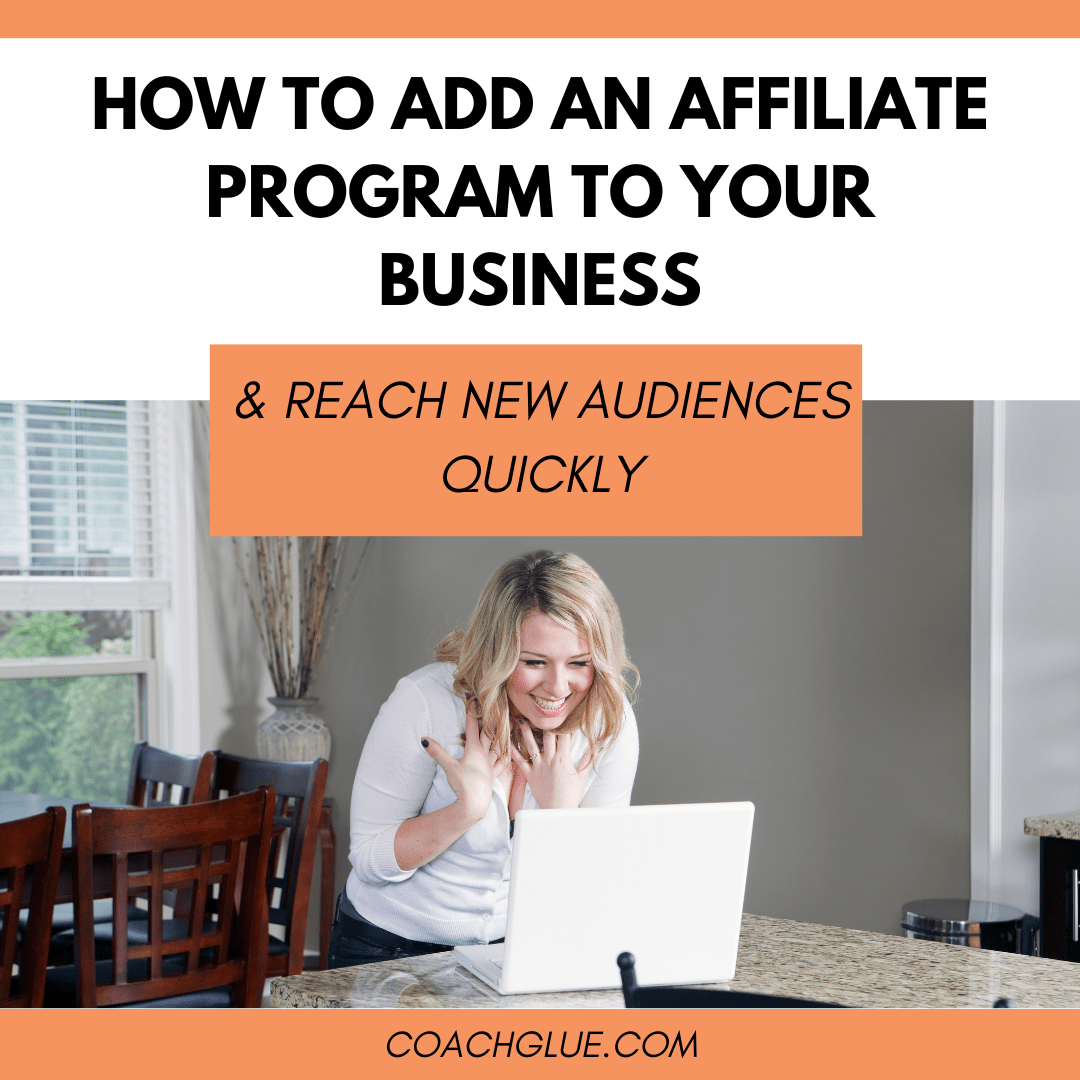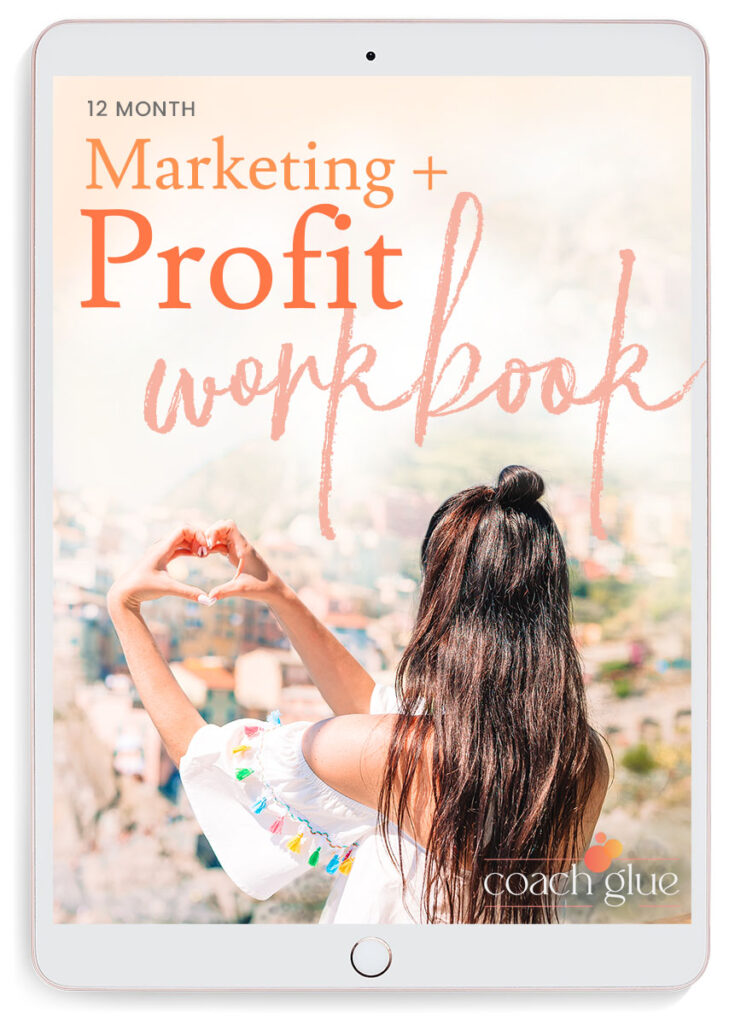Quick question: What if you could get others to sell your programs and offers for you, while simultaneously getting in front of fresh, new-to-you audiences?
It’s possible with an affiliate program.
What is an affiliate program you ask, and how in the world do I go about setting one of those up? Let’s dive in.
What is an affiliate program?
An affiliate program is a long-term partnership with content creators or other websites and businesses to promote your product or brand to their audience. These partners use uniquely assigned links to direct their audiences to your product. Every time a person is referred to your business and who makes a purchase, your partner is rewarded with a commission of some sort. Remember though that affiliates don’t resell your product, they recommend or refer others to it. How is that different from a customer referral program? These individuals are people who haven’t purchased your product or program but are simply encouraging others to do so.
Why is this a good option?
Affiliate programs are one of the best ways to boost your sales by a large percentage. Each affiliate is assigned a trackable link for them to use. The purpose of this link is to track how many sales each individual link is attributed to. For instance, if you find three different affiliates to work with and each have their own unique link, you’ll be able to see which of the three is providing you with the most sales.
Affiliate marketing tends to do really well because it essentially ‘borrows’ trust from already established communities. This means you get your products and offers in front of fresh audiences without having to ‘find’ or ‘attract’ every single person yourself. Also, affiliate programs work well because the affiliates’ audience knows, likes and trusts them already, so they’re more likely to trust their recommendation of your product/service.
What offers should I allow affiliates for?
You can create an affiliate program for your entire product suite, or you can choose to do it for just one specific offer (like a group program or course).
You can also choose to do it just once (like an affiliate launch) or have it up and running all the time. If you choose to create an affiliate program for your signature course offering, for example, and you tend to launch it 1-3x a year, you’ll run your program differently than if your affiliate offer is always available (like in the case of an evergreen course).
Who should I ask to be an affiliate?
The best place to start, though, is simply asking the most active, engaged members of your current audience–aka the people who already love your offers and style. You can put out a call on for affiliate to your email list, social media and/or your most active Facebook group members (or all of them!).
If you don’t have an audience or want to branch out a bit, you can definitely also reach out to colleagues, people whose products or offers align with yours or even social media influencers who have a similar audience.
If you’re reaching out to potential affiliates, make sure that you do your homework on whoever you choose to approach with a partnership. Here are some things to think about when choosing who to reach out to:
- Does their aesthetic match yours?
- Are they actively engaged in their business or social media?
- Check that closet for skeletons. (Read: Do a Google search of their name to see if anything unsavory comes up!)
- Do they have a plan for working with affiliates?
- Do they have experience working with affiliates or other affiliate programs?
How will my affiliates be compensated?
Fact: Most people won’t do something for nothing. You need to have some type of compensation plan in mind before you commit to an affiliate. Will you monetarily compensate them or offer product credit? Will your compensation scale be based on a percentage of the sales made? Or will it be a flat rate for each successful link clicked that leads to a purchase? Whatever you decide, make sure it’s financially sustainable for your business.
The point of the whole program is to help increase your bottom line, not put you in the red.
What technology will I need?
There are lots of affiliate technologies out there that can help streamline the process, from creating unique links to tracking sales to processing payments. Popular options include InfusionSoft (this is what we currently use for our CoachGlue Affiliate Program), Referral Rock, Kartra and AffiliateWP. Do you research and compare features before choosing the option that’s best for your business needs.
What else can I do to ensure a successful affiliate program?
In short: Make it easy for people to sell your stuff. This might mean creating promotional copy and graphics, email swipes or templates they can take and tweak or providing them with extra incentives (like a leaderboard with prizes for the top 1-5 sellers during the launch period or at the end of a specific quarter or year).
Keep in mind, too, that just because someone who finds you via an affiliate doesn’t buy from you now, doesn’t mean they won’t in the future.
Every small business needs to experiment to find the best market strategies to boost their bottom line. A well-run affiliate programs can help you increase your profits and reach markets and audiences you wouldn’t have otherwise.






